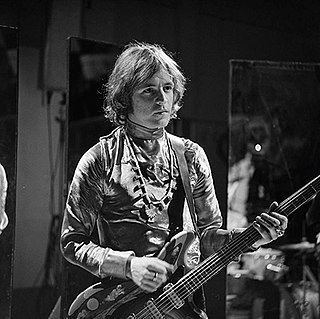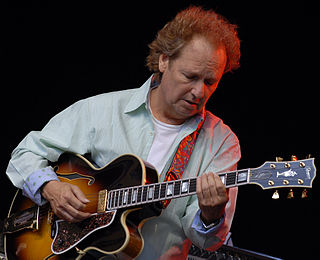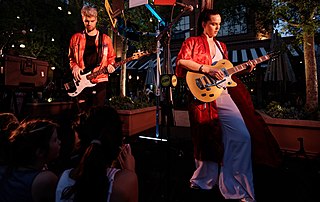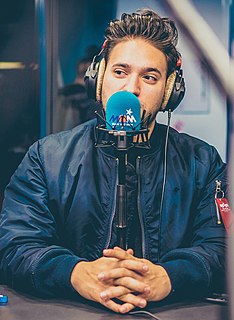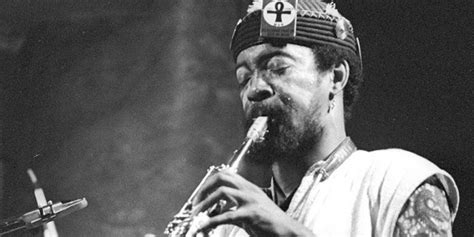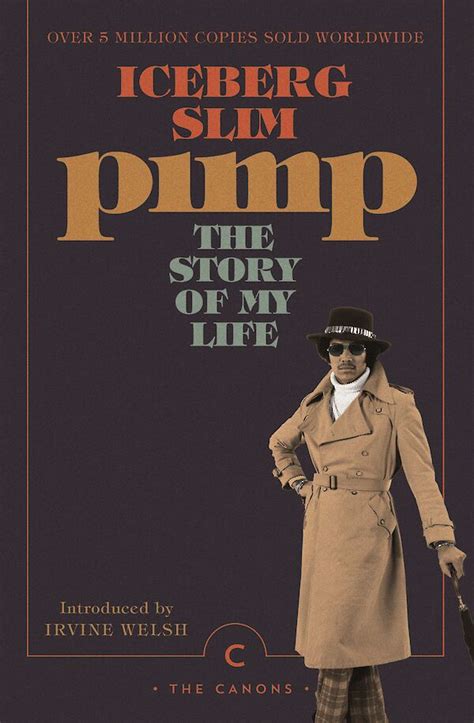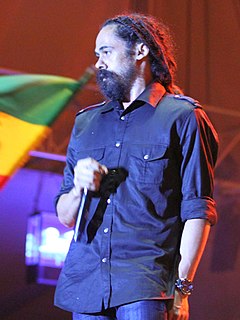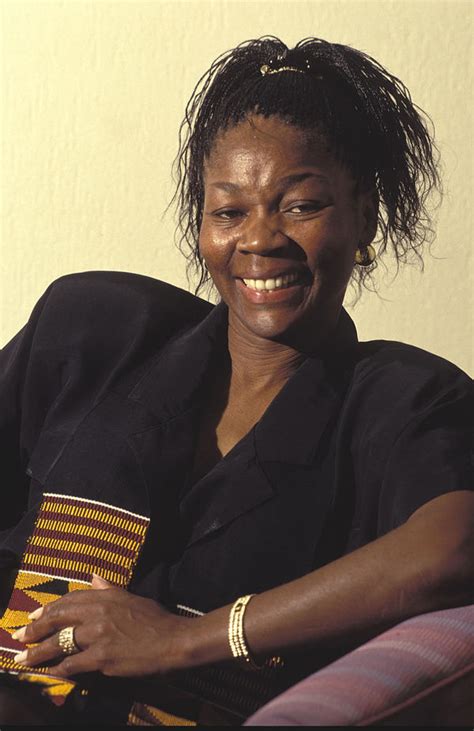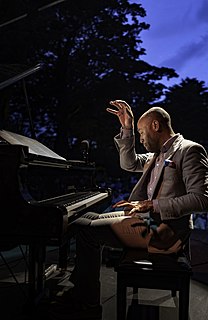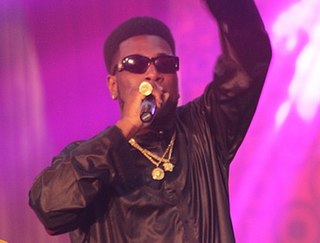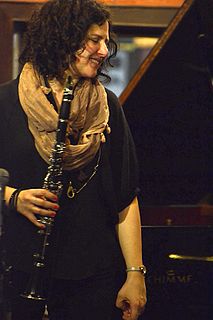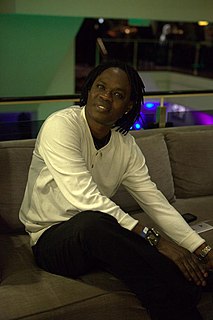Top 1200 African Music Quotes & Sayings
Explore popular African Music quotes.
Last updated on November 15, 2024.
New Orleans had a great tradition of celebration. Opera, military marching bands, folk music, the blues, different types of church music, ragtime, echoes of traditional African drumming, and all of the dance styles that went with this music could be heard and seen throughout the city. When all of these kinds of music blended into one, jazz was born.
Well, Smoke n' Mirrors has very much a world music flavor and it doesn't park itself in one country. It borrows heavily from the Brazilian angle, which is dear to my heart, and I recorded several albums with that flavor. Probably even more so than the Brazilian flavor, there's an African, South African and West African influence and on a couple of other tracks there's some Latin flavor and there's some Indian tables on one track, all centered around my jazz guitar and acoustic guitars, and very much a Lee Ritenour sound.
We know that the African regimes, many African regimes have failed their people and many Africans want regime change, and there are a lot of African leaders who make promises but don't carry them out. I mean, the progress - I mean, it is noble for the rich countries to help Africa, but then the question is: What are African leaders themselves doing to help their own people?
I feel like kids that grew up in New York City or in L.A. were exposed to all these subcultures and subgenres, whereas I was only exposed to the poppiest of pop music so I never had this negative connotation towards pop music. That's not South African music having an effect on me, but just how international music was filtered through South Africa affected me. It gave me a not-negative connotation towards pop music growing up.
As far as being an African artist, my inspiration has been the fact that I'm a part of the generation that will put Nigerian African music on a global scale. It's been a long road for us, but I believe we're finally at that point where we can showcase our music to the world and get international recognition.
One of the things that made the Black Muslim movement grow was its emphasis upon things African. This was the secret to the growth of the Black Muslim movement. African blood, African origin, African culture, African ties. And you'd be surprised - we discovered that deep within the subconscious of the black man in this country, he is still more African than he is American.
Flamenco is connected with so many types of music. It has Jewish culture inside, Arabian culture inside, Russian culture inside, Spanish culture inside. It's linked to African music too, because African music has the 'amalgama' rhythms you can find in flamenco. You can find everything in flamenco. That's why it's so beautiful.
We do not have a South African as a member of the African Commission. The President of the Commission comes from Mali, the Deputy comes from Rwanda and then we have got all these other members, ordinary commissioners. There is no South African there. And the reason, again, for that is not because we didn't have South Africans who are competent.
Writing has always been a serious business for me. I felt it was a moral obligation. A major concern of the time was the absence of the African voice. Being part of that dialogue meant not only sitting at the table but effectively telling the African story from an African perspective - in full earshot of the world.
I did not like that name "world music" in the beginning. I think that African music must get more respect than to be put in a ghetto like that. We have something to give to others. When you look to how African music is built, when you understand this kind of music, you can understand that a lot of all this modern music that you are hearing in the world has similarities to African music. It's like the origin of a lot of kinds of music.
Michael Jackson fundamentally altered the terms of the debate about African American music. Remember, he was a chocolate, cherubic-faced genius with an African American halo. He had an Afro halo. He was a kid who was capable of embodying all of the high possibilities and the deep griefs that besieged the African American psyche.

